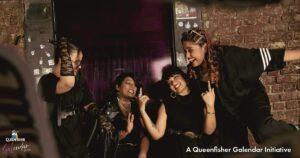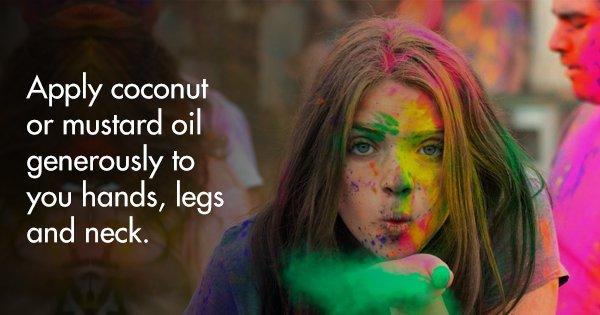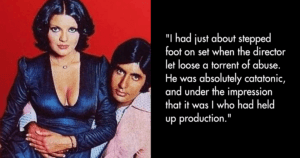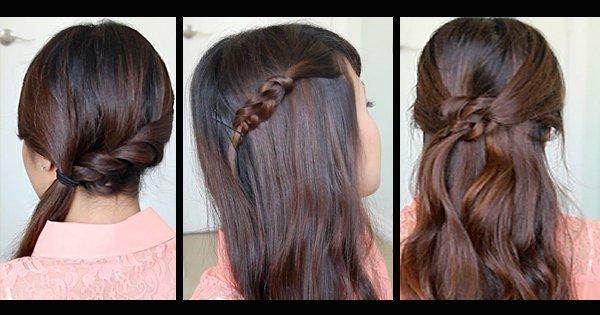With her recent win at the US Open, 22-year-old Naomi Osaka secured her third Grand Slam title. Third in a span of three years which were filled with many professional achievements, like:
Becoming the first Asian player to be declared world number 1 in singles.
Winning two consecutive Grand Slams, a first since Jennifer Capriati in 2001.
Becoming the highest-paid woman athlete in a single year, in history.
You already know I had to bring out the headwrap for this one 😉 pic.twitter.com/YAlLk01hwm
— NaomiOsaka大坂なおみ (@naomiosaka) September 13, 2020
Safe to say, she is on the path to greatness, carrying forward the legacy of possibly the greatest tennis players to play the sport.
However, what makes Osaka truly special is the fact that the champion on the court has taken it upon herself to make things right, off the court as well. The same can be seen in her unflinching commitment to social issues, especially racism.
I remember Trayvon’s death clearly. I remember being a kid and just feeling scared.I know his death wasn’t the first but for me it was the one that opened my eyes to what was going on. To see the same things happening over and over still is sad. Things have to change.
— NaomiOsaka大坂なおみ (@naomiosaka) September 7, 2020
Born to a Japanese mother and Haitian father, Osaka has experienced discrimination. She knows what being left out means, and has always made an effort to use her position to highlight the same. Here are a few instances of her standing up against racism that make her our absolute favourite.
1. During her recent run at the US Open, she chose to wear face masks bearing names of African-American people who lost their lives because of systemic racism and police violence.
— NaomiOsaka大坂なおみ (@naomiosaka) September 7, 2020
These include: Breonna Taylor, Tamir Rice, Elijah McClain, Ahmaud Arbery, Trayvon Martin, George Floyd and Philando Castile.
I often wonder if what I’m doing is resonating and reaching as many people as I hope. That being said, I tried to hold it in on set but after watching these back I cried so much. The strength and the character both of these parents have is beyond me. Love you both, thank you ❤️ https://t.co/FSDLtWNJDr
— NaomiOsaka大坂なおみ (@naomiosaka) September 9, 2020
When asked about her message behind doing this, she said:
Well, ‘What was the message that you got?’ is more the question. I feel like the point is to make people start talking.
“What was the message that you got was more the question. I feel like the point is to make people start talking.”
— ESPN (@espn) September 12, 2020
Naomi Osaka explained why she wore seven facemasks to honor Black victims of racial injustice. pic.twitter.com/Vd0kqqmRP1
2. This was the biggest gesture of solidarity towards the BLM movement to come out of tennis and Osaka carried it on her shoulders, alone. In fact, right before the semi-final, she took to social media and said these powerful words:
Before I am an athlete, I am a black woman…If I can get a conversation started in a majority white sport I consider that a step in the right direction.
3. For Osaka, race is a different concept than most people, because of her parents’ ethnicity. Something, she has often touched upon and elaborated with great patience. In an op-ed written for Esquire on July 1, 2020, she said:
My name is Naomi Osaka. As long as I can remember, people have struggled to define me. I’ve never really fit into one description, but people are so fast to give me a label. Is she Japanese? American? Haitian? Black? Asian? Well, I’m all of these things together at the same time.
Those are just the starting lines of a brilliantly written piece on biracism and activism. You can read it here.
— NaomiOsaka大坂なおみ (@naomiosaka) August 28, 2020
4. She has also been extremely vocal about the racism she has faced for not ‘looking Japanese’. Talking about one of her experiences of being discriminated against by an opponent, she told The Guardian:
She was talking with another Japanese girl, and they didn’t know that I was listening (or that) I spoke Japanese. Her friend asked her who she was playing, so she said Osaka. And her friend says, “Oh, that black girl. Is she supposed to be Japanese?”. And then the girl that I was playing was like, “I don’t think so”.
She went on to add that in Japan, racism can be attributed to ignorance more than intolerance.
Naomi Osaka flew to Minneapolis to protest in the wake of George Floyd’s death & penned an op-ed for @esquire about the fight for racial justice: https://t.co/6Gv3CXQ7Sq
— Britni de la Cretaz (@britnidlc) August 27, 2020
Her decision to join the athletic labor strike is in-line w/the values she has voiced & a big deal for tennis https://t.co/DLzDN8xyRj
WORTH CHECKING OUT Tennis star Naomi Osaka Writes in Esquire on George Floyd’s Death, Police Brutality, and Systemic Racism https://t.co/3MQ5qNG2QV
— Yuri Kageyama (@yurikageyama) July 20, 2020
5. When Nissin portrayed her skin colour as white in one of their ads in 2019, she boldly told the press that it was wrong.
It’s obvious, I’m tan. It’s pretty obvious…I don’t think they did it on purpose to be ‘whitewashing’ or anything, but I definitely think that, next time they try to portray me or something, I feel like they should talk to me about it.
The company apologised and took down the ad later.
Nissin, the Japanese cup noodle giant, has apologized for “whitewashing” biracial tennis star Naomi Osaka in a new ad 🙅 https://t.co/Uh4lfBSDeQ pic.twitter.com/FLC8Wkl9Bf
— Anna Fifield (@annafifield) January 23, 2019
Apart from these, she withdrew from Western & Southern Open, after qualifying for the semi-final, in a bid to support the anti-racism movement in the US.
The reigning US Open champion has always made it clear that she will speak against injustice and that no one can take away that right from her. In that context, she made this wonderful argument that puts into perspective why athletes, like everyone in the society, should fight for justice.
I hate when random people say athletes shouldn’t get involved with politics and just entertain. Firstly, this is a human rights issue. Secondly, what gives you more right to speak than me? By that logic if you work at IKEA you are only allowed to talk about the “GRÖNLID” 🤷🏽♀️?
— NaomiOsaka大坂なおみ (@naomiosaka) June 4, 2020

















